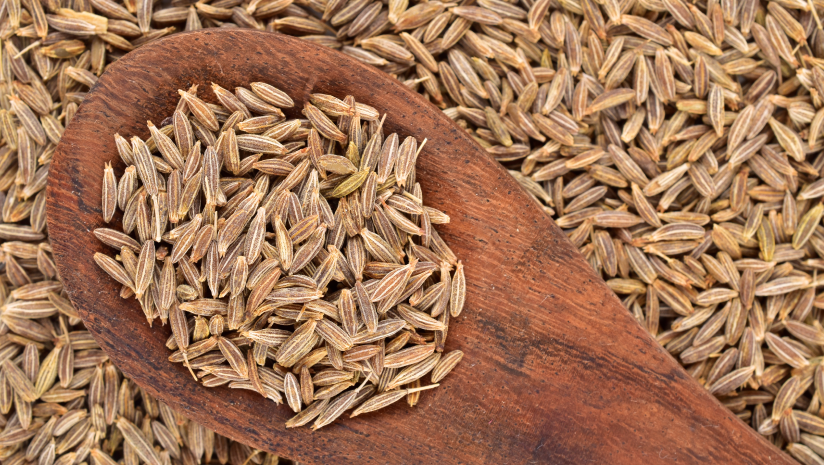Cumin (Cuminum cyminum L), also known as Cuminum, cyminum, Kamoon, is a flowering herb belonging to the Apiaceae family. Cumin is grown largely in Pakistan, India, Iran, and some south Asian countries, and it’s popular all over the world as a spice.
People use cumin for many conditions, including abnormal levels of cholesterol or blood fats (dyslipidemia), obesity, and many others, but there is little scientific evidence to support these uses.
The main producers of cumin are China and India, which produces 70% of the world supply. Sudan is one of the largest producers of Cumin
Cumin is a spice made from the dried seed of a plant known as Cuminum cyminum, which is a member of the parsley family. Cumin is native to the Mediterranean region and Egypt, and is cultivated along the Western Mediterranean through the Middle East and India.
Cumin Seeds Health Benefits
- Contains antioxidants which gives healthier feel and more energetic, and they keep the skin from looking aged.
- Cumin seeds appear to have anticancer properties which keep cancer cells from multiplying, according to some experiments.
- Traditional medicine practitioners have recommended cumin for the treatment of diarrhea for centuries.
- Cumin seeds were used as a part of an herbal drug trial for diabetes. The drug successfully helped people with diabetes to manage their condition.
- Cumin seeds kill harmful bacteria that attack the immune system.


